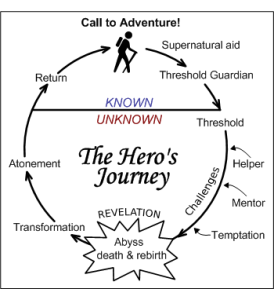Just a quick note to let you know that if you like THE DRAGON’S LEGACY, you are going to love The Forbidden Kingdom, Book 2 of THE DRAGON’S LEGACY.
Here’s a quick teaser:
Sundered
The wind was born of a Twilight Lord, playing a seashell flute. Webbed fingers strong and sure danced across the smooth shell as they had once danced across the skin of a human girl, delicate and sweet and all things good. That girl was gone, just as the meat was gone from this shell, leaving only the memory of beauty and faint notes in the wind. But the sea was still the same, and the song was still the same, curling round his heart thick and slow as the fog that shrouded the Sorrowful Isles.
Born of sea and sand and the cries of a wounded heart, the wind danced in rage and longing across the Sundered Sea, rousing the waves of Nar Kabdaan to wrath and ruin as they cast themselves, again and again, to die unmourned upon the heartless shores of Bizhan. The waves were born, they struggled, they died, one after another like soldiers caught in a dream of war.
The wind was heavy with salt, and the dreams of sea-witches, and the tears of lost souls. It struck at the jagged rocks, tore at the sharp grasses like a madman tearing at his own hair, it howled at the gates like the voices of a thousand ice wolves buried in fear, forgotten to legend, lost, lost, lost. The howling woke the Halfkin Child, because the song of wolves round a campfire can never truly be forgotten by the children of Man, no matter how deeply they hide it from their thick and stubborn hearts. The Child rose, he slipped from his bed and from his mother’s hearth and stumbled down the rocky path to the sea; and because he, too, could hear the howling of the wolves, could feel them singing in the shadows of his heart, the Twilight Lord put down his flute and swam to the shores of Man. The moons were faded, half-empty and without power, but he had broken so many laws already that one more could hardly matter.
Now, kindly leave me alone to write.
Jai tu wai,
Debi
